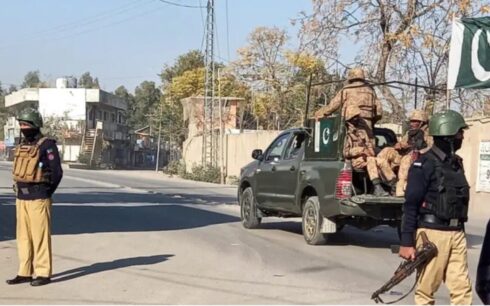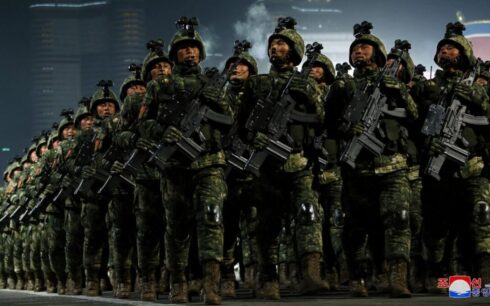In 1988, after repeated missile strikes on Iranian cities by Iraq, Ayatollah Khomeini was forced to accept United Nations Security Council Resolution 598.
This acceptance came as a shock to Iranian soldiers, fighters, and Khomeini’s followers, because he had insisted on resistance and the overthrow of Saddam Hussein’s regime in Iraq, making it his ultimate goal. However, under mounting military and political pressure from Saddam’s regime, Khomeini accepted the Security Council resolution and likened the act to “drinking from a poisoned chalice.”
On July 20, 1988, Khomeini issued a statement acknowledging the ceasefire resolution. In part of his message, he said: “…Regarding the acceptance of the resolution, the reality is that until a few days ago, I did not believe I would make such a decision and choose such a solution… But considering the opinion of all high-ranking political and military experts of the country… I consider accepting it to be akin to drinking from a poisoned chalice.”
The reasons Khomeini, in his own words, drank the poisoned chalice can be summarized as follows:
Harsh military and human conditions;
Severe economic pressure;
Intense international diplomatic pressure;
Analysis by senior political and military experts; and finally,
Preservation of the Islamic Republic.
Now, 37 years later—and coincidentally again in the month of July—Khomeini’s successor, Ali Khamenei, faces a similar situation. The question is whether he, like his predecessor, will be willing to drink the poisoned chalice at this critical juncture as the leader of the Islamic Revolution.
Signs suggest that the current Iranian leader may take a similar step, due to:
Widespread Israeli military operations against Iranian cities and strategic facilities;
Iran’s dire and unstable economic situation;
Growing international and diplomatic pressure from the West and the United States regarding Iran’s uranium enrichment;
High levels of public dissatisfaction inside and outside the country;
The Islamic Republic’s isolation and the lack of active support from its allies; and
The failure to mobilize public opinion against Israeli military and political actions.
Given the current circumstances and the aforementioned factors, the key question remains: how long can the leader of the Islamic Republic withstand such intense pressure—and will he ultimately drink the poisoned chalice, justifying the act by following the path of his predecessor?
Nasrullah Stanekzai is a political and international affairs expert and former professor at the Faculty of Law and Political Science at Kabul University.
The views expressed in opinion pieces published on Amu’s website are those of the authors and do not necessarily reflect the editorial stance of the outlet.





